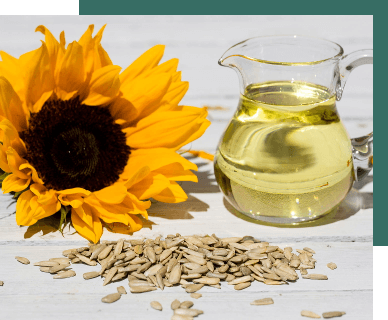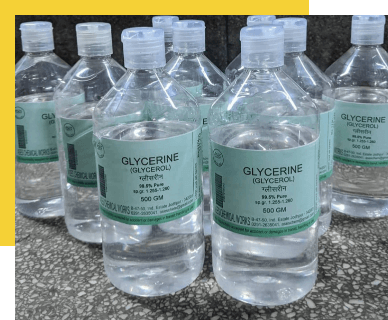0811-3508-475
Oleochemicals are chemical compounds derived from natural fats and oils that can be used as raw materials or as supplemental materials in a variety of industries. Oleochemicals can be used as a substitute for petroleum-based products known as petrochemicals. Manufacturers began switching from petrochemicals to oleochemicals in the late 1970s due to the rise in prices of crude oil and the affordability of plant-based lauric oils produced from palm kernels. Fatty acids, the largest application for oleochemicals, and other basic oleochemical substances are produced by various chemical and enzymatic reactions.


